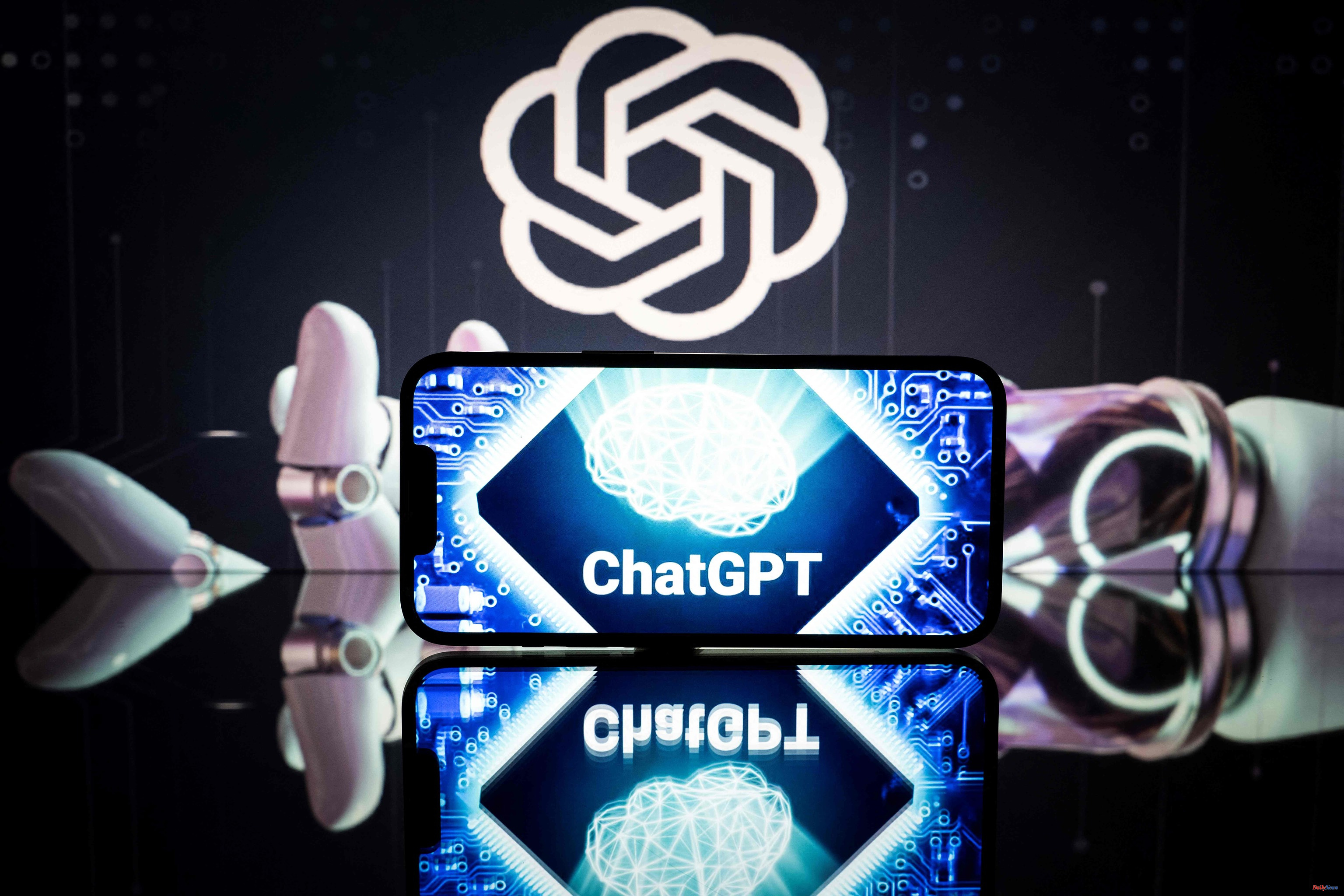It took Twitter five years to surpass 100 million active monthly users worldwide. Instagram did it in two and a half. TikTok, the popular video platform, was until now the paradigm of virality. By dancing he managed to reach that figure in just nine months.
But a new app has raised the bar and it's a truly unexpected one. ChatGPT, OpenAI's conversational artificial intelligence, has managed to exceed that figure in just two months of life.
According to a report prepared by the firm UBS, during the month of January ChatGPT had more than 13 million unique users per day, double the number of users than in December. "We have been studying the market for tools and applications on the Internet for 20 years and we have never seen anything like it," say the authors of the report. OpenAI released ChatGPT to the market at the end of November almost as an experiment. In March 2021 it started giving access to its GPT-3 language model, which is something like the "engine" of ChatGPT.
This language model is capable of understanding and generating natural language texts using machine learning techniques and has many applications. You can summarize long texts, for example, or create documents. He achieves this thanks to extensive training, he has been fed hundreds of millions of pages of text, books and comments on the internet and thanks to them he "understands" and can replicate the structure of language in various languages.
As an example of one of its possible applications, OpenAI created a chat tool with which it is possible to converse in natural language with the model. These types of tools, known as chatbots, have been around since the 1970s but were programmed with limited heuristics and algorithms that prevented having very complex conversations.
By equipping these chatbots with a more advanced language model, the sensation, however, is that of speaking with an artificial intelligence like the ones we have seen reflected in dozens of science fiction movies and with surprising abilities, such as the ability to create functional code or develop texts on any topic and in any length and style.
ChatGPT, therefore, has quickly become a tool in great demand by students to do long class projects in seconds or by programmers looking for a quick way to generate the necessary code for their programs.
It is not 100% reliable. These types of language models tend to make mistakes, either because they have been trained with disparate data or because of their propensity to "hallucinate" or imagine some facts.
The aphorism "if you can't beat the enemy, join him" applies here as well, so some teachers have started experimenting with using these tools in class as well. There are also applications that detect the use of this type of language model in a text and that are increasingly popular in scientific and academic environments.
The popularity has triggered interest in OpenAI, which was born as a non-profit organization dedicated to investigating artificial intelligence applications -and founded, among others, by Elon Musk- but which changed its mission a few months ago. It is now a mainstream startup with Microsoft as the main investor. The software giant is going to inject more than 10,000 million dollars over the next few years and will become the largest shareholder in the company.
The capital was necessary. This type of language model requires enormous computing power and, with 100 million active users, this translates into million-dollar bills for servers and infrastructure. During its first two months of life, there have been frequent cuts in the ChatGOT service due to lack of computing capacity, to the point that the company now offers a paid version of the tool, which for $20 a month promises greater stability.
The competition, however, has not been long in appearing. Microsoft itself has created a conversational tool for its search engine, Bing, with the same capabilities (it also uses the GPT-3 language model) and Google soon plans to launch a similar chatbot, Bard, built on its own language model, LaMDA .
According to the criteria of The Trust Project












